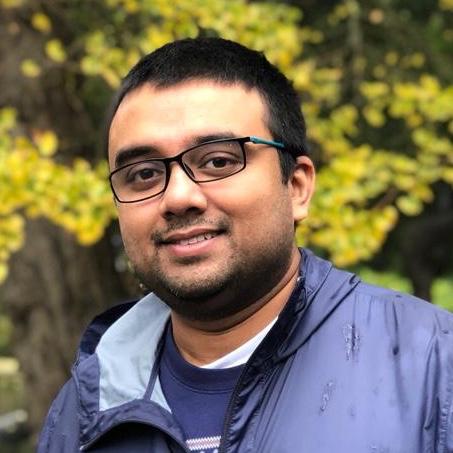 Tapomayukh “Tapo” Bhattacharjee is an Assistant Professor in the Department of Computer Science at Cornell University where he directs the EmPRISE Lab (https://emprise.cs.cornell.edu/). He completed his Ph. D. in Robotics from Georgia Institute of Technology and was an NIH Ruth L. Kirschstein NRSA postdoctoral research associate in Computer Science & Engineering at the University of Washington. He wants to enable robots to assist people with mobility limitations with activities of daily living. His work spans the fields of human-robot interaction, haptic perception, and robot manipulation and focuses on addressing the fundamental research question on how to leverage robot-world physical interactions in unstructured human environments to perform relevant activities of daily living. He is the recipient of NSF CAREER Award’23 and his work has won Best RoboCup Paper Award at IROS’22, Best Paper Award Finalist and Best Student Paper Award Finalist at IROS’22, Best Technical Advances Paper Award at HRI’19, and Best Demonstration Award at NeurIPS’18.
Tapomayukh “Tapo” Bhattacharjee is an Assistant Professor in the Department of Computer Science at Cornell University where he directs the EmPRISE Lab (https://emprise.cs.cornell.edu/). He completed his Ph. D. in Robotics from Georgia Institute of Technology and was an NIH Ruth L. Kirschstein NRSA postdoctoral research associate in Computer Science & Engineering at the University of Washington. He wants to enable robots to assist people with mobility limitations with activities of daily living. His work spans the fields of human-robot interaction, haptic perception, and robot manipulation and focuses on addressing the fundamental research question on how to leverage robot-world physical interactions in unstructured human environments to perform relevant activities of daily living. He is the recipient of NSF CAREER Award’23 and his work has won Best RoboCup Paper Award at IROS’22, Best Paper Award Finalist and Best Student Paper Award Finalist at IROS’22, Best Technical Advances Paper Award at HRI’19, and Best Demonstration Award at NeurIPS’18.
 Jordan Boyd-Graber is an associate professor in the University of Maryland‘s Computer Science Department, iSchool, UMIACS, and Language Science Center. Jordan’s research focus is in applying machine learning and Bayesian probabilistic models to problems that help us better understand social interaction or the human cognitive process. He and his students have won “best of” awards at NIPS (2009, 2015), NAACL (2016), and CoNLL (2015), and Jordan won the British Computing Society’s 2015 Karen Spärk Jones Award and a 2017 NSF CAREER award.
Jordan Boyd-Graber is an associate professor in the University of Maryland‘s Computer Science Department, iSchool, UMIACS, and Language Science Center. Jordan’s research focus is in applying machine learning and Bayesian probabilistic models to problems that help us better understand social interaction or the human cognitive process. He and his students have won “best of” awards at NIPS (2009, 2015), NAACL (2016), and CoNLL (2015), and Jordan won the British Computing Society’s 2015 Karen Spärk Jones Award and a 2017 NSF CAREER award.
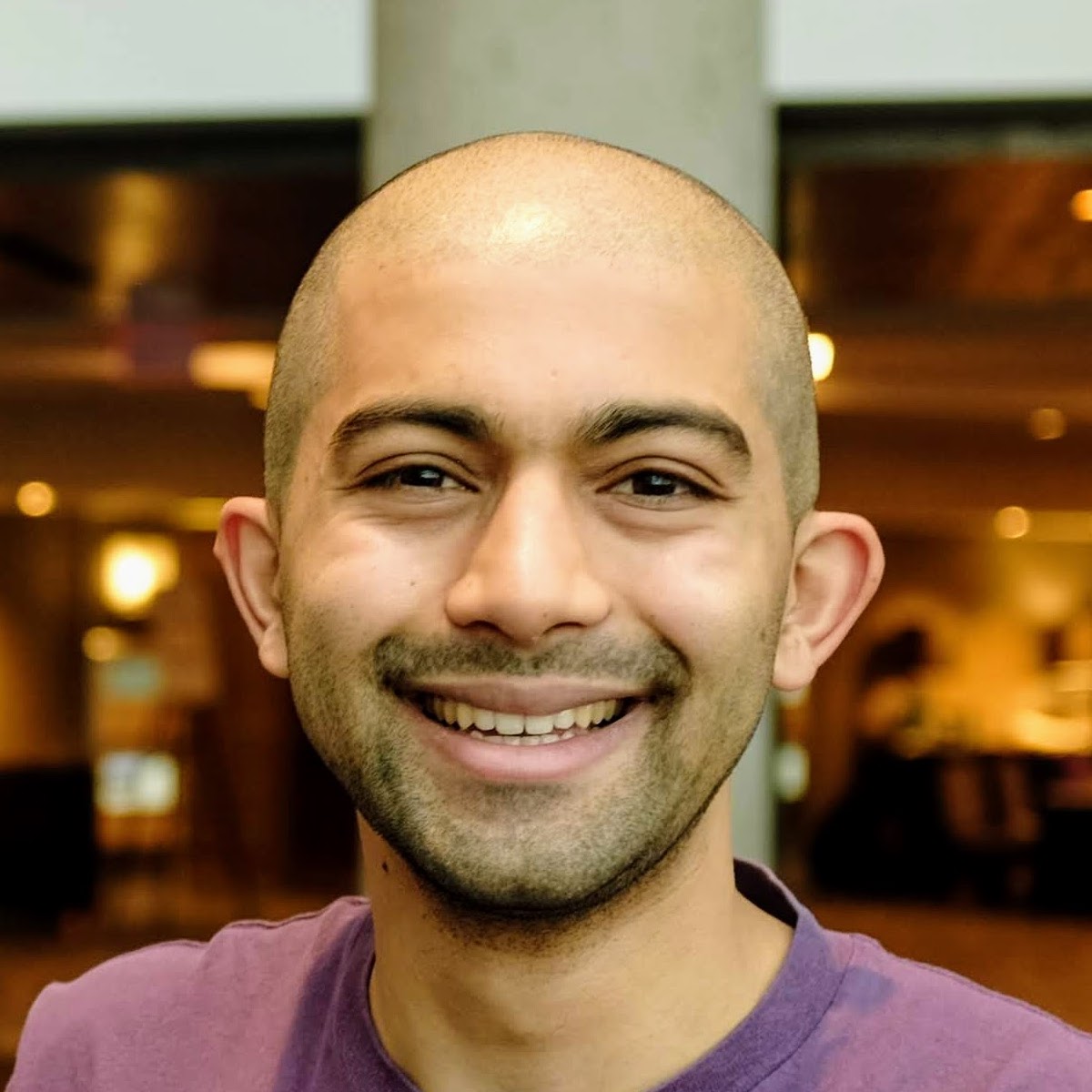 Laxman Dhulipala is an Assistant Professor in the Department of Computer Science at the University of Maryland, College Park. He is also a visiting faculty researcher at Google Research where he works on the Graph Mining team. Previously, he was a postdoc at MIT working with Julian Shun. He obtained his Ph.D. from Carnegie Mellon University, where he was advised by Guy Blelloch. His current research interests are on parallel clustering (graphs and spatial data), and efficient parallel algorithms for static, streaming, and dynamic graphs.
Laxman Dhulipala is an Assistant Professor in the Department of Computer Science at the University of Maryland, College Park. He is also a visiting faculty researcher at Google Research where he works on the Graph Mining team. Previously, he was a postdoc at MIT working with Julian Shun. He obtained his Ph.D. from Carnegie Mellon University, where he was advised by Guy Blelloch. His current research interests are on parallel clustering (graphs and spatial data), and efficient parallel algorithms for static, streaming, and dynamic graphs.

Moritz Hardt is a director at the Max Planck Institute for Intelligent Systems. Prior to joining the institute, he was Associate Professor for Electrical Engineering and Computer Sciences at the University of California, Berkeley. Hardt’s research contributes to the scientific foundations of machine learning and algorithmic decision making with a focus on social questions. He co-authored the textbooks “Patterns, Predictions, and Actions: Foundations of Machine Learning” and “Fairness and Machine Learning: Limitations and Opportunities”.
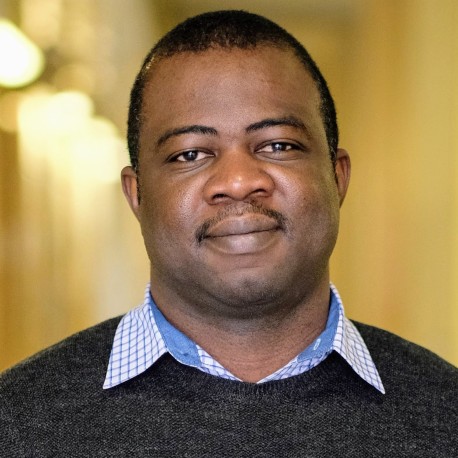 Owolabi Legunsen is an assistant professor in the Computer Science department at Cornell University. His main research interests are in software engineering and applied formal methods, with a current focus on software testing and runtime verification. Owolabi’s work in these areas has helped to find hundreds of bugs in many widely used open-source software and received two ACM SIGSOFT Distinguished paper awards (at ASE 2016 and ISSTA 2023), an NSF CAREER award (in 2020), and a 2021 Microsoft Faculty Research Fellowship finalist designation. He completed a PhD in Computer Science at the University of Illinois Urbana-Champaign and an MS in Computer Science at the University of Texas at Dallas.
Owolabi Legunsen is an assistant professor in the Computer Science department at Cornell University. His main research interests are in software engineering and applied formal methods, with a current focus on software testing and runtime verification. Owolabi’s work in these areas has helped to find hundreds of bugs in many widely used open-source software and received two ACM SIGSOFT Distinguished paper awards (at ASE 2016 and ISSTA 2023), an NSF CAREER award (in 2020), and a 2021 Microsoft Faculty Research Fellowship finalist designation. He completed a PhD in Computer Science at the University of Illinois Urbana-Champaign and an MS in Computer Science at the University of Texas at Dallas.

Murphy Yuezhen Niu will join the Joint Center for Quantum Information and Computer Science (QuICS) in August 2023 as an assistant professor of computer science and QuICS Fellow. She will also have an appointment in the University of Maryland Institute for Advanced Computer Studies.
Niu is currently a senior research scientist in the Google Quantum AI team, where her work focuses on intelligent quantum control optimization and metrology, quantum machine learning, quantum algorithm design and near-term quantum error correction. Niu applies cutting-edge deep reinforcement learning and generative models to quantum control, quantum circuit compilation, and quantum system learning using some of the largest quantum computers based on superconducting qubits.
Niu received her doctorate in theoretical and mathematical physics from MIT in 2018. She received the Claude E. Shannon Research Assistantship for her work at the intersection of photonic quantum computation, quantum error correction and quantum cryptography.
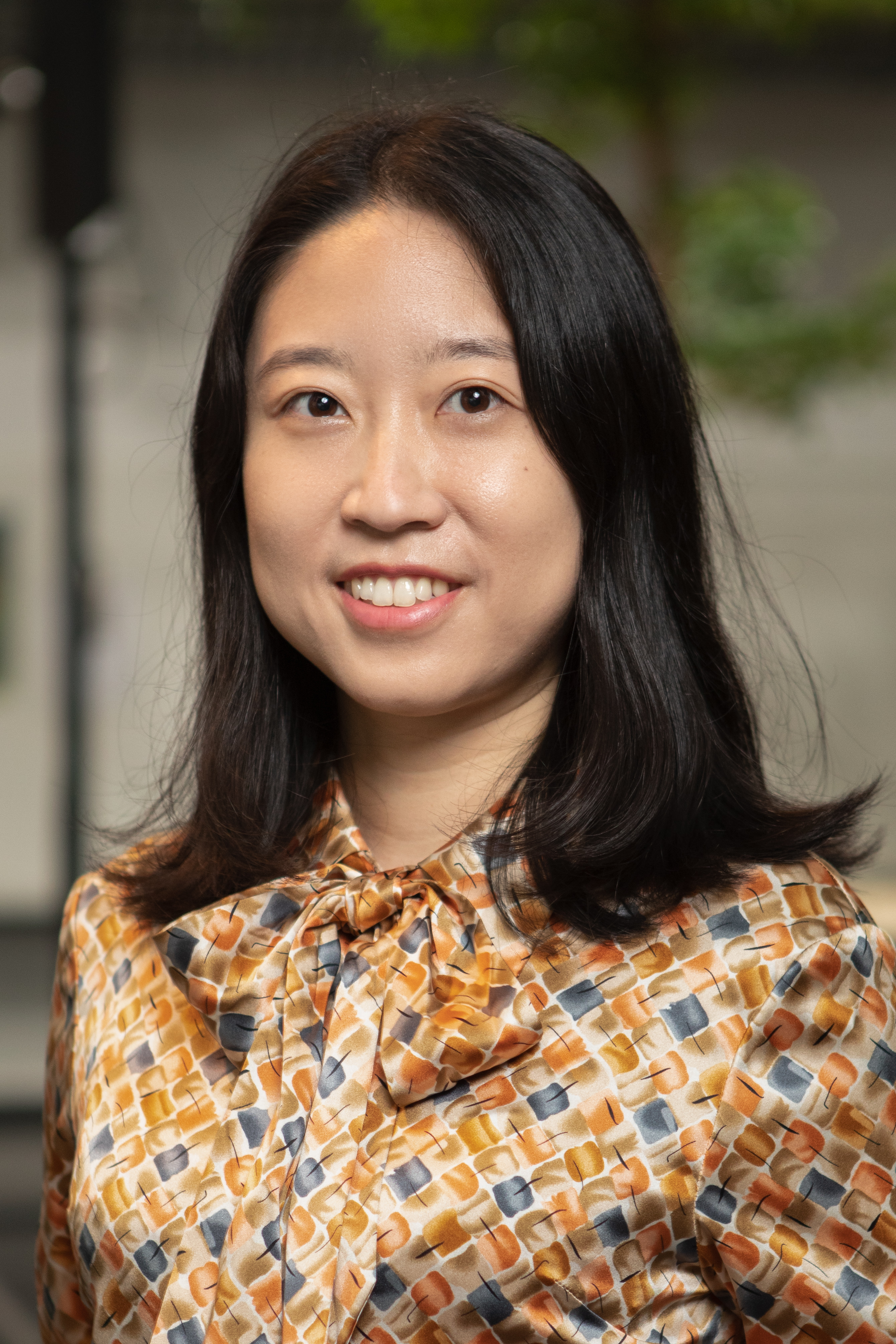 Yiting Xia is a tenure-track faculty at Max Planck Institute for Informatics, where she leads the network and cloud systems research group. Before joining MPI, she was a research scientist at Facebook. Her work is to build network infrastructure and software systems for the future cloud environment. She has served on the technical program committee for SIGCOMM, NSDI, IMC, SOSR, ICNP, APNet, etc. She won the N2Women rising star award in 2021.
Yiting Xia is a tenure-track faculty at Max Planck Institute for Informatics, where she leads the network and cloud systems research group. Before joining MPI, she was a research scientist at Facebook. Her work is to build network infrastructure and software systems for the future cloud environment. She has served on the technical program committee for SIGCOMM, NSDI, IMC, SOSR, ICNP, APNet, etc. She won the N2Women rising star award in 2021.
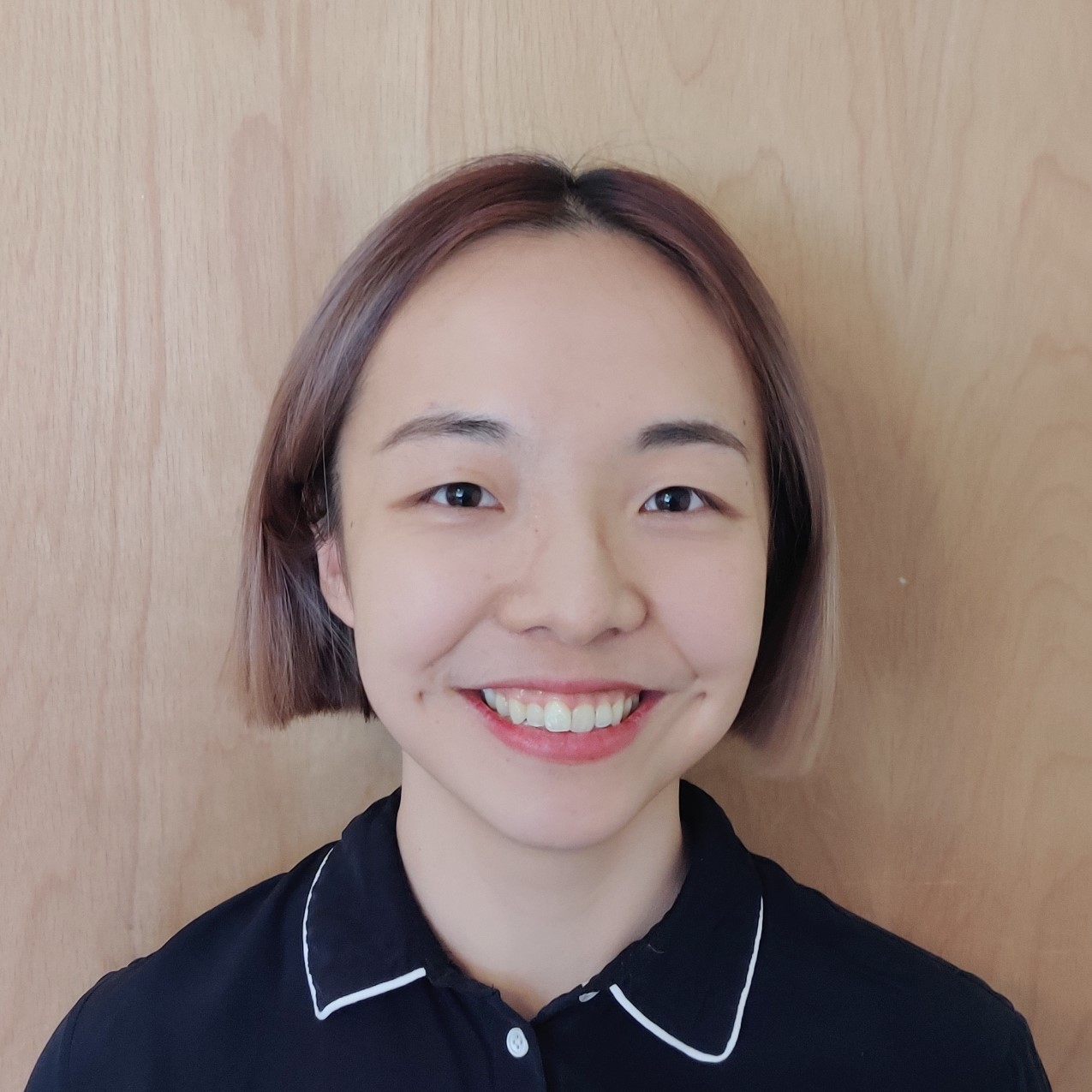 Yixin Zou (she/her) is a tenure-track faculty member at the Max Planck Institute for Security and Privacy (MPI-SP), leading the human-centered security and privacy group. Her research interests span human-computer interaction, privacy, and security, focusing on improving consumers’ adoption of protective behaviors and supporting the digital safety of at-risk populations. Her research has been recognized with the 2022 John Karat Usable Privacy and Security Student Research Award and best paper awards/honorable mentions at the Symposium on Usable Privacy and Security (SOUPS) and the ACM Conference on Human Factors in Computing Systems (CHI). In addition, her research has generated broader impacts on industry practice (e.g., at Mozilla and NortonLifeLock) and public policy, including the rulemaking process for the California Consumer Privacy Act. She holds a Ph.D. in Information from the University of Michigan and a Bachelor’s degree in Advertising from the University of Illinois at Urbana-Champaign.
Yixin Zou (she/her) is a tenure-track faculty member at the Max Planck Institute for Security and Privacy (MPI-SP), leading the human-centered security and privacy group. Her research interests span human-computer interaction, privacy, and security, focusing on improving consumers’ adoption of protective behaviors and supporting the digital safety of at-risk populations. Her research has been recognized with the 2022 John Karat Usable Privacy and Security Student Research Award and best paper awards/honorable mentions at the Symposium on Usable Privacy and Security (SOUPS) and the ACM Conference on Human Factors in Computing Systems (CHI). In addition, her research has generated broader impacts on industry practice (e.g., at Mozilla and NortonLifeLock) and public policy, including the rulemaking process for the California Consumer Privacy Act. She holds a Ph.D. in Information from the University of Michigan and a Bachelor’s degree in Advertising from the University of Illinois at Urbana-Champaign.
